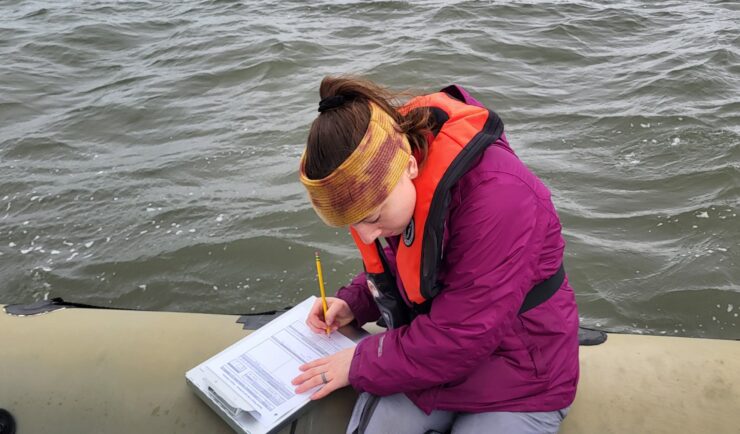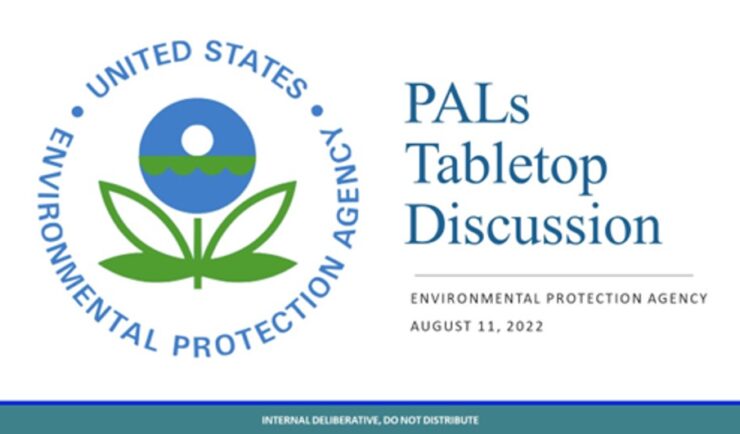
CSS scientists supporting the Environmental Protection Agency’s Office of Pesticide Programs are reviewing modeling data that evaluates the potential for transfer of chemical residues from pregnant and nursing animals to fetuses and infants. The vast majority of data come from pharmaceuticals, but staff are reviewing some data from pesticides and other environmental contaminants as well. Staff are reviewing the data for measured concentrations in maternal blood and milk as well as fetal tissues in laboratory animals and humans. The objective of this work is to better understand the various models being developed and use this modeling data to help refine risk assessment for pesticides.

See More CSS Insights

Providing Data Products for More Effective Consumption
The National Oceanic and Atmospheric Administration’s (NOAA) National Centers for Environmental Information (NCEI) is responsible for providing data, products, and services that help businesses and organizations operate more efficiently and effectively. As such, these data and products need to be available in a publicly accessible and digestible format the audience are able to understand. To…

Organizing Teams to Monitor Coastal Contaminants
For nearly 40 years NOAA’s National Mussel Watch Program has been monitoring contaminants in coastal waters in over 400 sites around the U.S. by testing sediment and bivalves, such as oysters and mussels. A CSS employee owner organizes and coordinates the regional missions to collect and test samples. This includes developing a schedule and coordinating…

Webinar Support for Emergency Chemical Release Response
Our staff assisted the EPA team in developing the webinar event, acted as moderator, and provided technical support.
